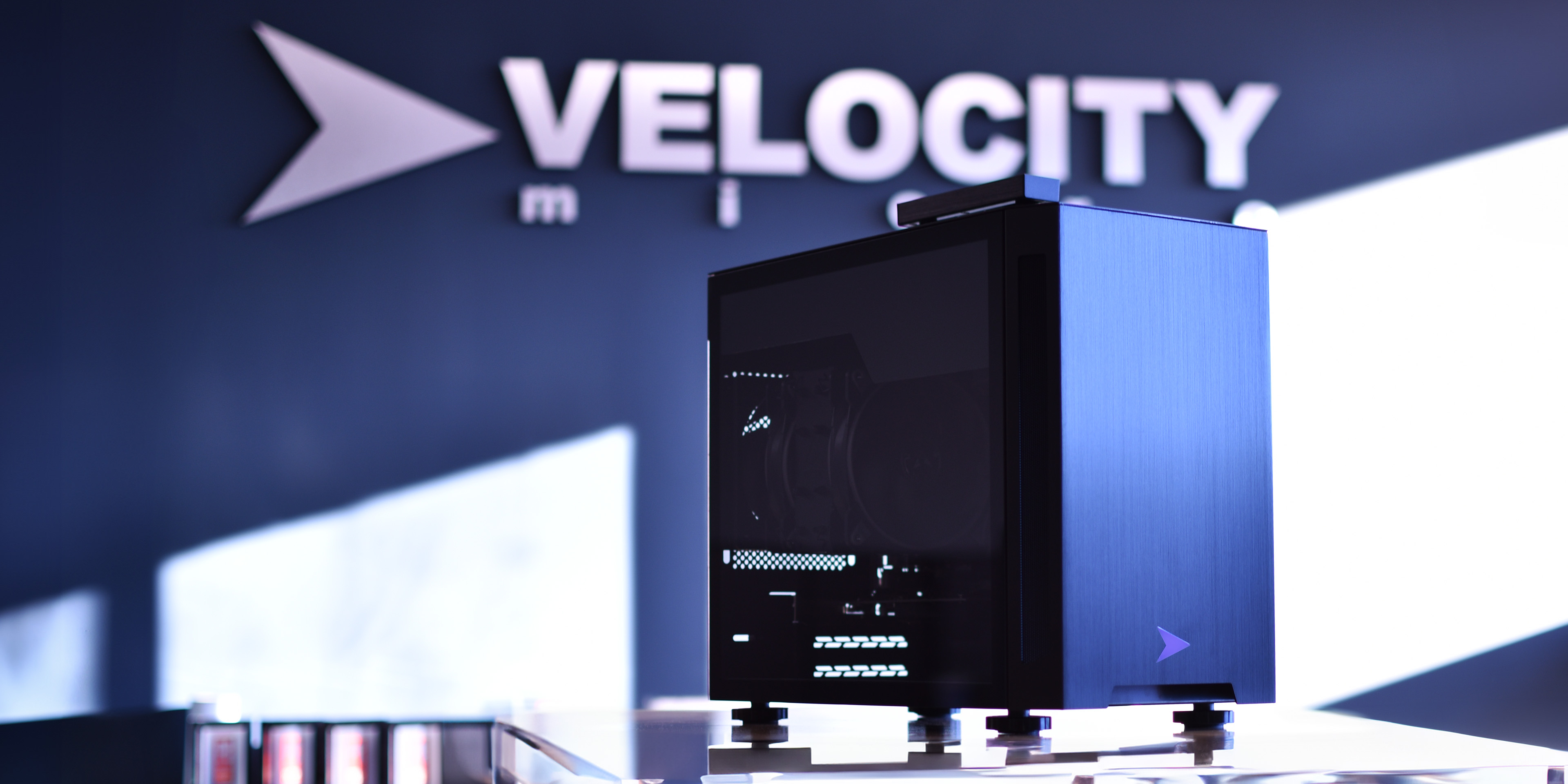
[ad_1]
In our fast-paced digital age, multitasking has become an integral part of our daily computing needs. Whether you’re juggling multiple applications for work, streaming content while working on a project, or handling resource-intensive tasks simultaneously, having a PC that excels at multitasking will help you be more productive. In this guide, we will explore the key components that make a PC adept at handling multiple tasks efficiently.
Processor (CPU):
Multitasking prowess starts with a powerful processor. Opt for a multi-core CPU with simultaneous multithreading (SMT) or Hyper-Threading (HT) technology. AMD Ryzen 7 or Intel Core i7 processors are excellent choices, though even a current gen midrange processor like Intel Core i5 will have enough cores to handle the multitasking needs of most users. The hybrid core technology with its P and E cores that Intel now offers is hugely beneficial to multitasking workloads.
Memory (RAM):
Every open application uses memory, so to be able to run those processes in the background and switch between them smoothly, ample RAM is crucial. Choose a system with at least 32GB of RAM, and for more demanding tasks or heavy multitasking, consider upgrading to 64GB. DDR5 RAM will add additional speed, but make sure your platform supports it.
Storage:
A fast storage solution is key to keeping up with multiple applications. Invest in a Solid State Drive (SSD) for your operating system and frequently used applications to reduce load times significantly. We recommend an M.2 NVMe to maximize performance, although even a SATA based SSD will be a huge upgrade over a spinning HDD.
Graphics Card (GPU):
While a dedicated GPU is essential for gaming and graphics-intensive tasks, it can also contribute to smoother multitasking performance, though only to some extent. Integrated GPUs or more entry level dedicated GPUs are generally suitable for most multitasking on one or two displays. For users running three or more displays, a gaming card is your best bet. Something like the RTX 4060 would work.
Cooling:
Efficient cooling is essential to prevent overheating during prolonged multitasking sessions. Adequate airflow, quality fans, and potentially an aftermarket CPU cooler can help maintain optimal temperatures. For unlocked processors or CPUs with core counts of 10+, an AIO liquid cooler will keep temps lower and potentially increase the longevity of your system.
High-Speed Internet Connection:
A fast and reliable internet connection is crucial for seamless multitasking, especially if you are streaming content, participating in video calls, or working with cloud-based applications. For most users, 1GB ethernet will max out their available speeds, but you may want to consider 2.5GB for future proofing.
Building a PC optimized for efficient multitasking involves selecting components that work together harmoniously. A powerful CPU, ample RAM, fast storage, and a thoughtful approach to the overall system configuration are key. By investing in these components, you can create a multitasking powerhouse that handles everything from work to entertainment with ease, ensuring a smooth and efficient computing experience. If you’re ready to start configuring yours now, check out our website for a PC you can trust to do it all.
The following two tabs change content below.
This content was written by the expert Velocity Micro staff.
[ad_2]






